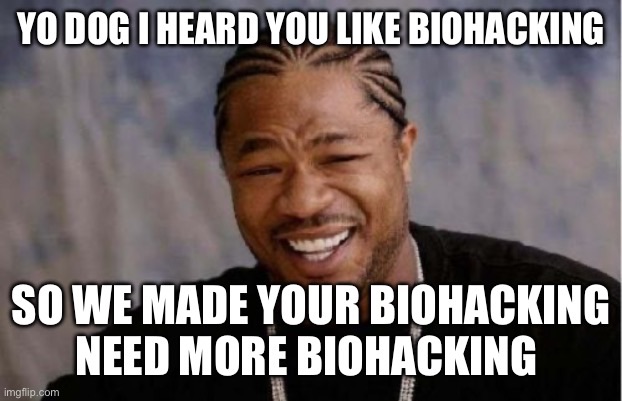The downside of living in a world where everyone posts all their luxuries, is regular people who spend too much time on Instagram worrying about things that wouldn’t add much to their lives. Instagram breeds discontentment for everyone.
My husband grew up ten minutes from a global international airport hub, and as such has unrealistic expectations of how quickly one can get from place A to B and how many legs a trip should have.
He longs for the most efficient trips complete with special passes, lines and hopefully a plane dedicated to just his crew and their final destination. I doubt I’ll manage to buy it for him but if one of my better seed investments pans out I’d acquire a gulfstream for his buddies to fly.
I’ll admit I’ve been a little spoiled as well, as by the time my family could afford to fly more regularly the old Stapleton airport had been replaced by a global United hub in Denver International Airport. A spookier more haunted airport there has never been (mind the killer blue Mustang and Masonic symbolism) but it flys connections everywhere.
Now we are in the spokes and farther from hubs. Flying can be a challenge for me as in the past fewer people abused disability requests like wheelchairs.
My ankylosing spondylitis has good days and bad days so on occasion I wish I had help with heavy bags, long lines and lugging stuff around.
Wheelchair access has alas become just another scam people run to board first, so I can no longer guarantee that I’ll even make my airplane given the lines and lines of maybe crippled as if you log disabled you often can’t even get your boarding pass from a kiosk. You have doomed yourself to the thousand person line.
Alas become used to popping Advil, throwing elbows and working my way to the front of the line filled with folks who know little of flying etiquette, status boarding times and the rest. If I can’t beat back a Balkan auntie seated in the back of the plane for my own seat at 2C then what sort of world traveler am I? I claim space but I don’t like it.
Yet as I stomp around smaller spoke airports I’ve learned it’s not too expensive to get a priority pass to private terminals. Groan I know.
In a few spots, it’s less than fifty bucks to skip check in with your airline, avoid security and passport checks with the whole airport by doing it in these terminals and they will drive you in a van to board the airplane first.
That means no more fighting for prime position in line to get prime position to board to get prime position on the bus to race up the staircase to the airplane before someone else blocks you.
I can’t imagine a better use of the time and money frankly. I could easily have arrived much later but I wasn’t sure how easy it would or wouldn’t be.
The demographic feels a bit petty oligarch with a cigar lounge and exotic alcohol but I’m just happy I haven’t had to do any heavy lifting for the moment. My bags are handled. I have food and water.
